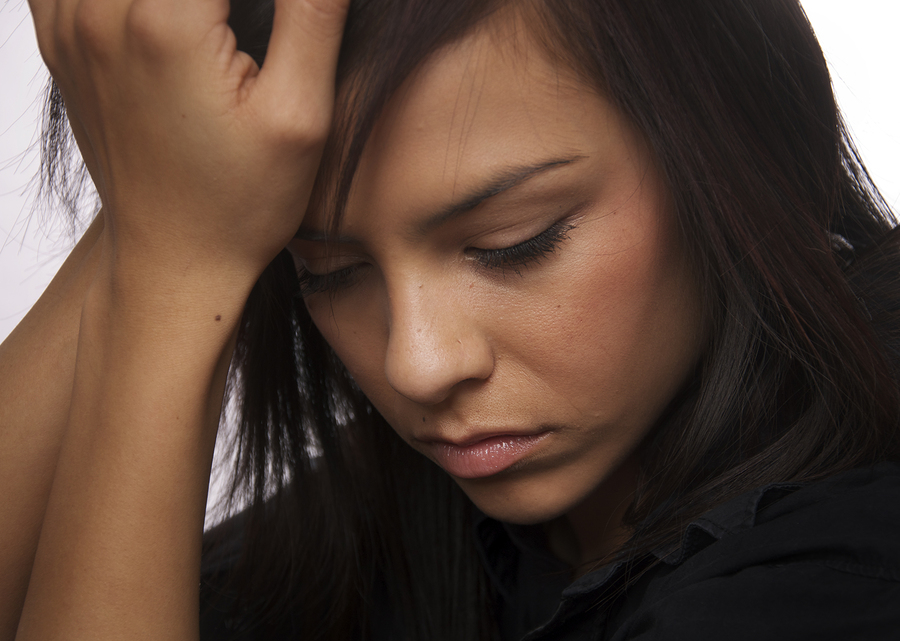Self-esteem is an individual’s subjective evaluation of their own worth. Low self-esteem is a common issue that affects millions of people, regardless of age, gender, or background. This condition can significantly impact a person’s mental and physical health and interfere with their daily activities and relationships. It can also lead to erectile dysfunction which can further reduce your self-esteem. Though medicines like Cenforce 50 and Vidalista 20 can help to enjoy sexual satisfaction for the time being, the best thing to do is overcome fear and improve self-esteem.
Causes of Low Self-Esteem
- Childhood Experiences: Childhood experiences can play a significant role in shaping an individual’s self-esteem. Children who grow up in an environment where they are criticized, rejected, or abused are more likely to develop low self-esteem as they grow older.
- Negative Self-Talk: Negative self-talk is one of the most common causes of low self-esteem. People who frequently engage in negative self-talk, such as criticizing themselves or dwelling on their flaws, are more likely to have low self-esteem.
- Comparison to Others: In today’s society, people are constantly bombarded with images of perfect bodies, successful careers, and perfect families. This constant comparison can lead to feelings of inadequacy and low self-esteem.
- Traumatic Events: Traumatic events, such as divorce, the death of a loved one, or natural disasters, can lead to low self-esteem. These events can leave a person feeling overwhelmed, powerless, and worthless.
Effects of Low Self-Esteem on the Mind
- Depression: Low self-esteem can lead to depression, a condition that can significantly impact a person’s daily life. People with low self-esteem often feel hopeless, helpless, and worthless.
- Anxiety: Low self-esteem can also cause anxiety, a condition that can lead to feelings of nervousness, fear, and panic. People with low self-esteem often worry about what others think of them and constantly compare themselves to others.
- Negative Body Image: People with low self-esteem often have a negative body image, feeling that their bodies are not good enough. This can lead to body shaming and a lack of confidence in one’s own appearance.
Effects of Low Self-Esteem on the Body
- Physical Health: Low self-esteem can harm a person’s physical health. People with low self-esteem are more likely to experience stress, which can lead to various health issues such as headaches, stomach problems, and a weakened immune system.
- Sexual Health: Low self-esteem can also affect a person’s sexual health, leading to problems such as sexual dysfunction, reduced sexual desire, and difficulties with arousal or orgasm.
- Substance Abuse: People with low self-esteem are more likely to engage in substance abuse, including alcohol and drug use, as a way to cope with their negative feelings.
How Does Low Self-Esteem Affect Sex Life?
Low self-esteem can have a significant impact on one’s sexual life. When a person has low self-esteem, they often feel insecure about their body and appearance, which can lead to a lack of confidence in intimate situations. This insecurity can result in decreased sexual desire, difficulties with sexual performance, and even the avoidance of sexual activities altogether. Additionally, low self-esteem can cause feelings of shame and guilt, which can further contribute to sexual dysfunction, for which the simplest form of treatment is medicines like Fildena Super Active and Vilitra 60.
Low self-esteem is a common issue that can have significant impacts on a person’s mental and physical health including sexual health. It is important to understand the causes of low self-esteem and seek support to improve self-esteem and overall well-being. This can include therapy, support groups, positive self-talk, and engaging in activities that boost confidence and self-worth.

